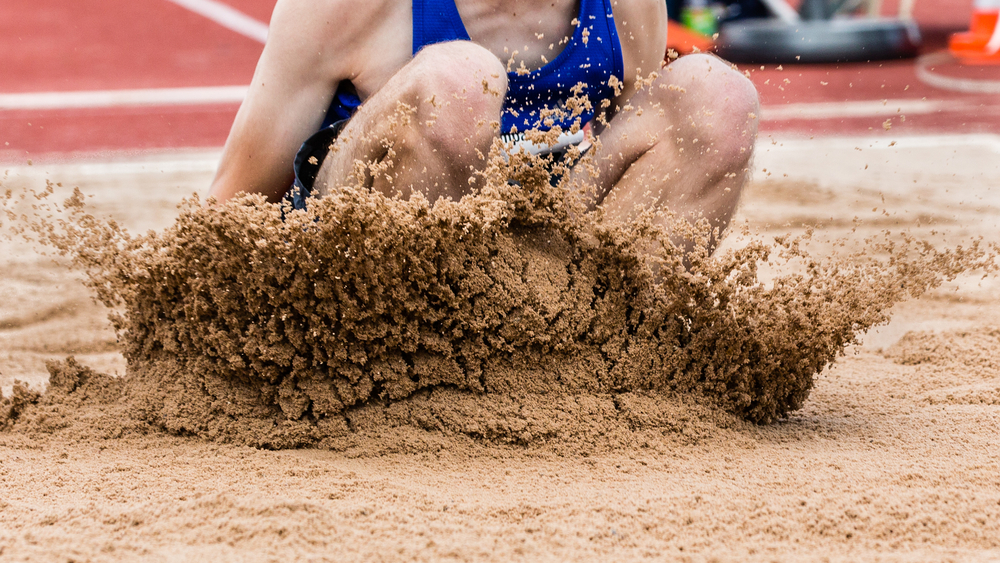Millions of American eyes are fixed on the Olympic games in Pyeongchang this month. Watching the best winter sports athletes in the world vie for gold medals is nothing short of awe-inspiring, especially for young people with dreams of competing in the games one day. When watching people perform at their peak, achieving unbelievable feats is an inspiration for anyone.
With that in mind, some viewers might convince themselves that Olympic athletes did everything right in life. As such, they may also think that competitors do not struggle with the same kinds of issues as average people, such as mental health disorders. That is not the case, apex athletes are just as eligible for depression and substance use disorder, like anyone else; no one is immune from internal strife.
Some of our readers are likely aware of the fact that the athlete with the most gold medals ever, Michael Phelps, struggles with depression. The “best swimmer of all time” has gotten two DUIs and he has struggled with suicidal ideations. Phelps is also using his fame to help break the stigma of mental illness and encourage young people to talk about their issues, so they can get the help they need.
“For the longest time, I thought asking for help was a sign of weakness because that’s kind of what society teaches us,” Phelps tells USA TODAY Sports. “That’s especially true from an athlete’s perspective. If we ask for help, then we’re not this big macho athlete that people can look up to. Well, you know what? If someone wants to call me weak for asking for help, that’s their problem. Because I’m saving my own life.”
Olympic Athletes In Recovery
While swimming is a summer Olympics event, we are currently watching athletes with a penchant for colder weather. Another young athlete who is living with mental illness is champion skier Nick Goepper, 23, USA TODAY Sports reports. You may remember Goepper winning the bronze medal in 2014 at the Sochi games. A few days ago, he won a silver medal; so, you may find it hard to believe that he almost gave up skiing altogether after the last winter games.
Following Sochi, Goepper’s life spiraled out of control and led to him checking into a treatment center in the fall of 2015, according to the article. Bouts of heavy alcohol use, insomnia, and depression led the young skier to seek help. Today, he is feeling better than ever thanks to making the courageous decision to find recovery. In treatment, Goepper says he realized that despite his fame, he wasn’t unique; he points out that there are millions of people suffering from depression. Sept. 26, 2015, was the last time he consumed alcohol.
“It just familiarized myself with a really supportive community of people who had inflicted the same things upon them,” Goepper said. “I thought that was really uplifting and really cool to be able to talk about that.”
Please take a moment to watch a short interview:
If you are having trouble watching, please click here.
Recovery is Possible
At Hope by the Sea, we understand how difficult it is to talk about your mental illness. We would like you to know that treatment works and recovery is possible with the help of a supportive community. Please contact us today to begin the life-changing journey of addiction recovery.

